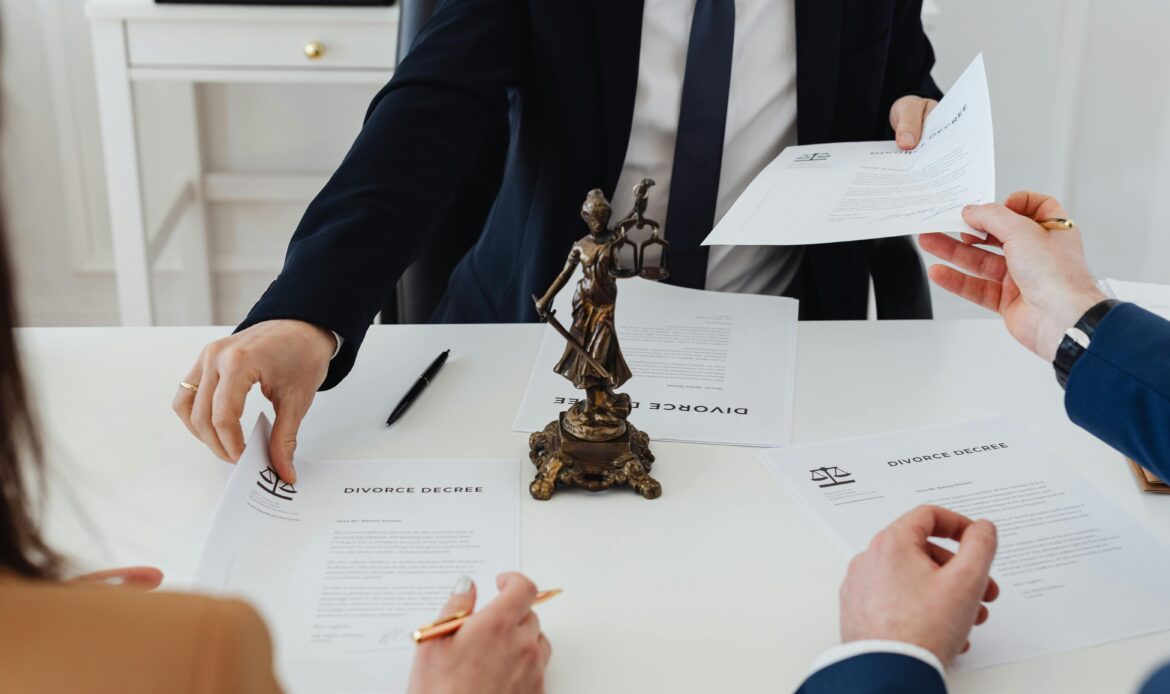
Domestic Violence in Africa
Domestic violence remains one of the most widespread human rights violations across Africa. Affecting women, men, and children alike, it often occurs behind closed doors, cloaked in silence, cultural taboos, or fear of retaliation. While many African countries have made legal strides to address gender-based violence, enforcement remains inconsistent, and many victims do not know where to turn.
This is where legal support becomes essential. At Covenant Law Firm, we understand the cultural sensitivities and legal challenges surrounding domestic violence in African contexts. Our mission is to provide survivors with a strong legal voice and to uphold justice, dignity, and safety for all.
Read This : New Law Article



Understanding Domestic Violence in the African Context
Domestic violence in Africa includes physical assault, emotional or psychological abuse, sexual violence, economic deprivation, and verbal intimidation—typically committed by a spouse, partner, family member, or guardian. Unfortunately, in many communities, these acts are still seen as private family matters rather than crimes.
Barriers such as:
- Social stigma
- Economic dependence
- Lack of awareness of rights
- Inadequate enforcement of laws
…often prevent victims from seeking help. However, legal advocacy is a critical first step toward breaking the cycle of abuse.
Read This : Traveling in Turkey
Legal Frameworks That Protect Victims in Africa
Several African countries have enacted legislation to curb domestic violence, such as:
- Cameroon: Law No. 2016/007 on the Penal Code criminalizes domestic violence and harmful traditional practices.
- Nigeria: The Violence Against Persons (Prohibition) Act (VAPP) provides a comprehensive legal response to domestic and sexual abuse.
- South Africa: The Domestic Violence Act of 1998 offers protection orders and legal recourse for abuse victims.
- Kenya: The Protection Against Domestic Violence Act of 2015 enables courts to issue restraining orders and mandates police intervention.
While laws exist, their implementation and public accessibility vary widely. This is where an experienced lawyer becomes crucial.
How a Lawyer Can Help in Domestic Violence Cases
Victims of domestic violence often feel overwhelmed and unsure of how to proceed. A lawyer helps by:
1. Explaining Your Rights
Many survivors are unaware that the abuse they are facing is punishable by law. A lawyer can clarify your rights, explain legal protections, and help you make informed decisions.
2. Filing a Protection Order or Court Injunction
A lawyer can assist in applying for protective or restraining orders, which legally prevent the abuser from contacting or coming near you. This is often the first legal step to ensure your safety.
3. Guiding Criminal and Civil Processes
Depending on the severity of the abuse, your lawyer can initiate criminal proceedings or advise you on civil compensation for physical and emotional harm suffered.
4. Advocating for Child Custody and Support
If children are involved, domestic violence has serious implications for custody and visitation. A lawyer ensures the children’s safety is prioritized and helps secure child support and maintenance.
5. Defending Against False Accusations
Domestic violence allegations can sometimes be misused, especially in contentious divorces or custody disputes. If you’re falsely accused, a lawyer can build a defense to protect your legal interests and reputation.
Challenges Victims Often Face

Despite existing laws, many victims still encounter:
- Fear of stigma or retaliation from family or the community
- Limited access to shelters or emergency services
- Corruption or lack of police responsiveness
- Cultural beliefs that normalize abuse
- Economic dependency on the abuser
What to Do If You Are a Victim
If you or someone you know is experiencing domestic violence in Africa, here are important steps to take:
- Prioritize your safety – Leave the environment if it is immediately dangerous.
- Seek medical attention – Document any physical harm.
- Report to the police – File a complaint or make a statement.
- Consult a lawyer – Get legal advice on how to proceed and obtain protection.
- Contact local NGOs or shelters – Many organizations offer counseling, legal aid, and emergency housing.
Why Legal Support Matters
Justice is not just about punishment—it’s about empowering survivors, protecting the vulnerable, and ensuring accountability. A lawyer provides the voice and structure victims need in a legal system that can often be intimidating or unclear.
At Covenant Law Firm, we treat every case with the utmost confidentiality, sensitivity, and urgency. Whether you’re filing for protection, pursuing criminal charges, or defending your rights, we are here to walk with you every step of the way.
You Are Not Alone
No one deserves to suffer in silence. If you or someone close to you is experiencing domestic violence, know that help is available. You are not alone—and the law is on your side.



